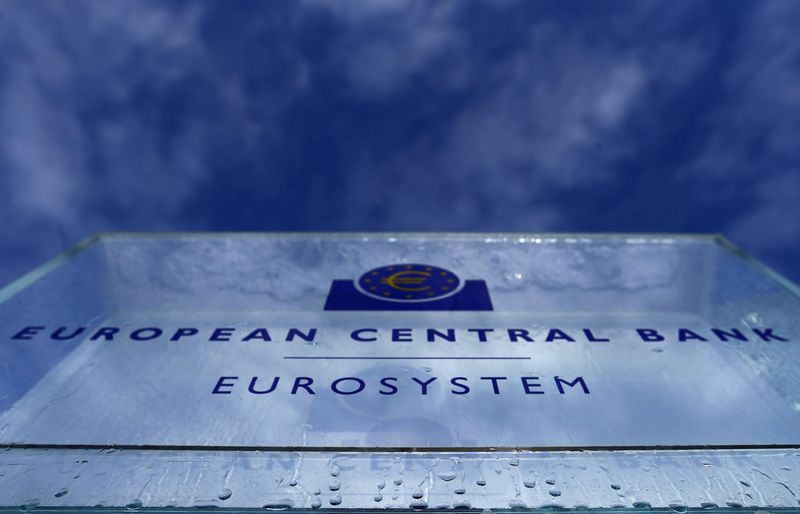By John O'Donnell and Paul Carrel
FRANKFURT (Reuters) - The European Central Bank's Executive Board has proposed a programme that would enable the ECB to buy 50 billion euros ($58 billion) in bonds per month starting in March, a euro zone source said on Wednesday.
With the likely start date imminent and only one other opportunity at the beginning of March for governors to agree details, pressure will be high on them to finalise talks and announce the mechanics on Thursday.
These details will describe how far the ECB goes in meeting demands from Germany's Bundesbank for the risk of the scheme to rest with national central banks in countries from Greece to Italy, rather than with the ECB. ECB President Mario Draghi will speak to the media at 1330 GMT on Thursday.
The duration of the programme is highly significant but also contested because Germany is troubled by the concept of bond-buying, particularly any government bond purchases, and wants to limit its scale.
Reuters could not confirm reports from other media about the length of the proposed programme. The Wall Street Journal said it would last at least one year. News agency Bloomberg said the purchases would run to the end of 2016.
The ECB declined to comment on any of the reports.
The Executive Board's proposals will be subject to debate at Thursday's meeting of the 25-strong, policy-making Governing Council, and could be subject to change.
A programme starting in March and running for a year would amount to a total volume of some 600 billion euros, based on a purchase rate of 50 billion euros per month. If a similar plan ran until the end of 2016, it would surpass 1 trillion euros.
The six-member board, which met on Tuesday, forms the nucleus of the Governing Council. The council meets on Thursday to decide whether to embark on QE -- printing money to buy sovereign bonds.
Market expectations are sky-high for the ECB to announce a large-scale plan, despite entrenched opposition from Germany's Bundesbank and concerns in Berlin that such a programme could allow spendthrift countries to slack off on economic reforms.
A Reuters poll of money market traders on Monday showed they expected the ECB to announce a 600 billion-euro sovereign bond-buy plan, though they also believed that would not be enough to return declining inflation to the ECB's target.
Euro zone consumer prices turned negative last month, sinking to minus 0.2 percent, far below the ECB's goal of just under 2 percent.
The ECB has already cut interest rates to record lows, begun buying private-sector assets and funnelled hundreds of billions of euros in cheap loans to banks. QE is the last big policy tool it has.
By buying sovereign bonds, the ECB would show its commitment to buoying inflation. It would also generate a 'portfolio effect,' whereby investors move into other assets -- some of them outside the euro zone -- thereby depressing the euro.

($1 = 0.8619 euros)